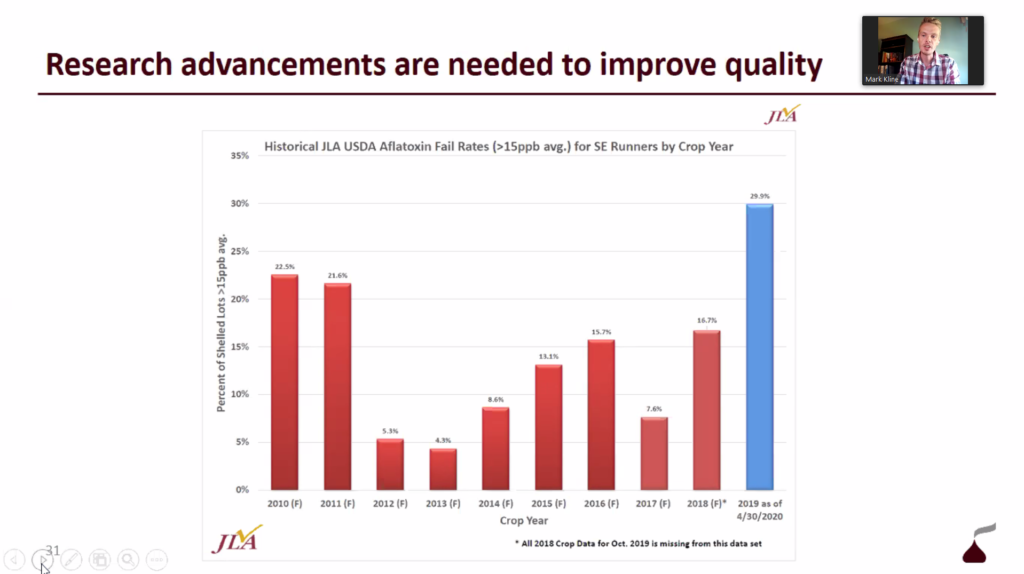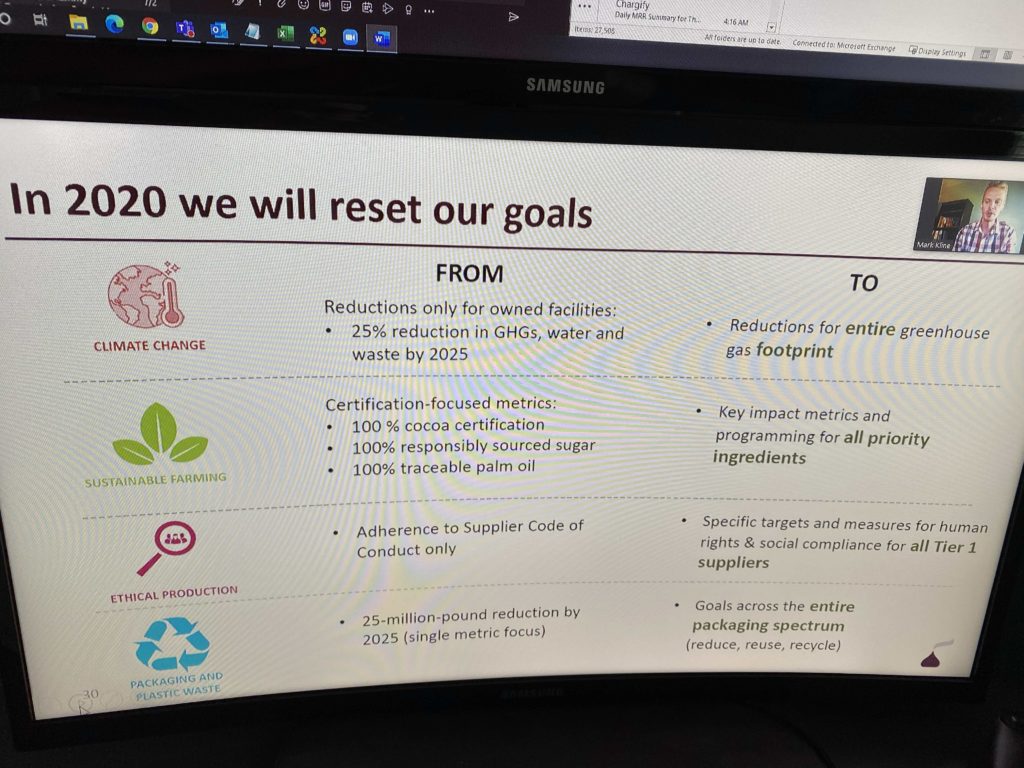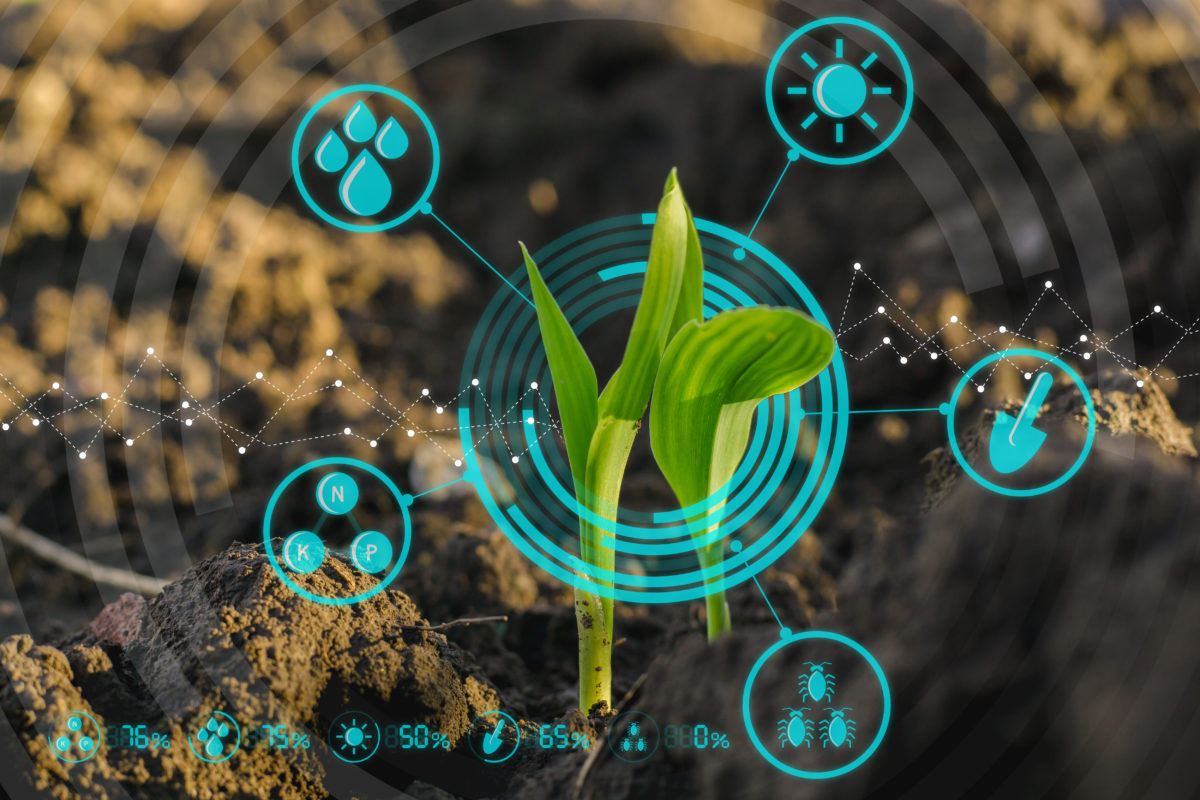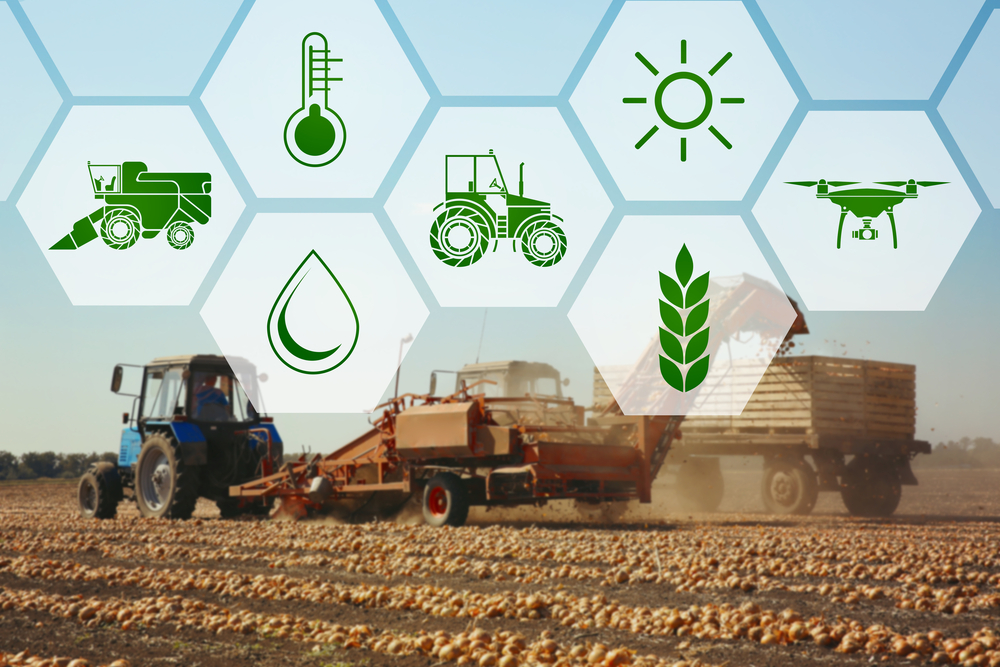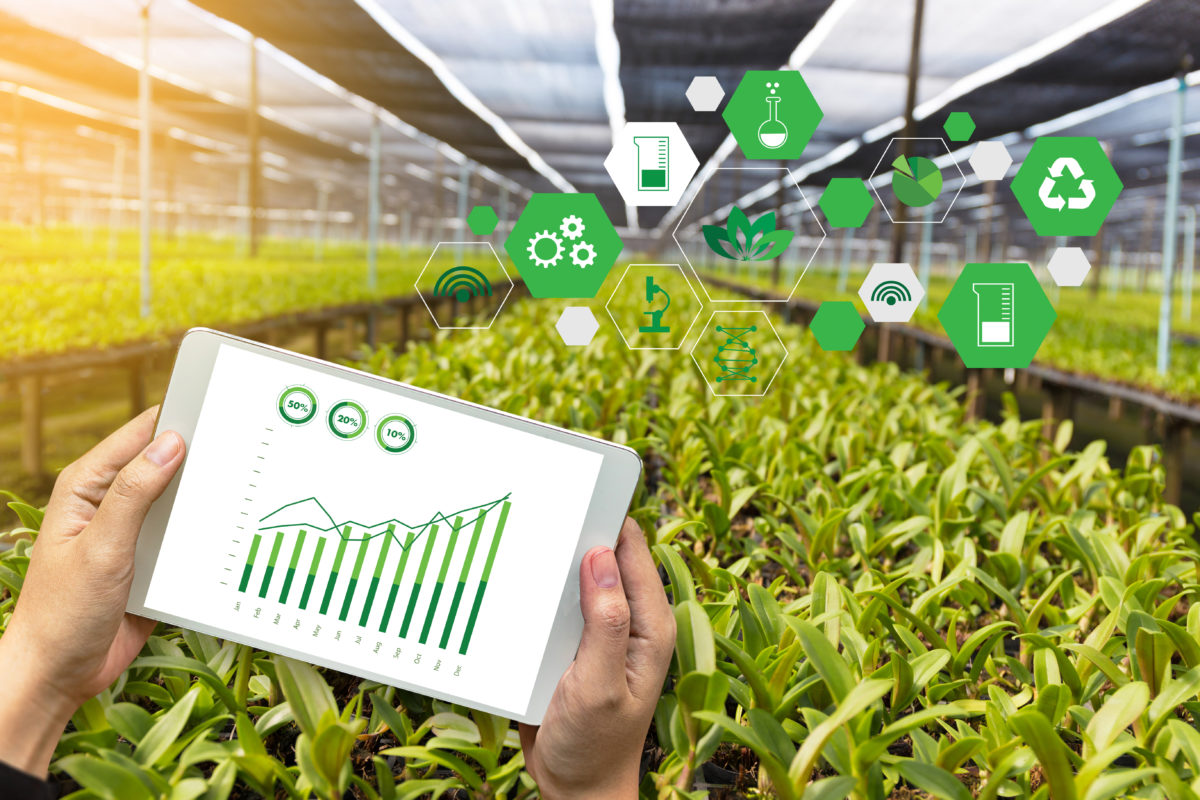As
industries across the globe evolve and adapt to new operational landscapes, it
is important for the agriculture industry to take note. As the supply chain
changes and becomes more technologically advanced, there is an opportunity for growth
in agriculture.
Changing tradition doesn’t
have to feel daunting. Consider how innovation could benefit agribusinesses and
how they fit into the evolving environment of global agriculture.
The Purpose of Innovation in Agriculture
Innovation
in agriculture is meant to modernize farmers’ processes and help farms operate
as efficiently as possible. New ideas and operations are also needed to help
protect farmers against unpredictable variables such as weather patterns, labor
shortages and loss of profit. With the help of innovation, industry leaders can
adapt quickly and seamlessly when something changes.
The
private sector continually invests in research and development to keep up with
demand and create new products that excite consumers, while also improving
their quality of life. Agriculture is no exception to these trends. Whether
it’s using data standards to measure the quality of crops, introducing automated
farming equipment, or improving food sustainability, innovation in agriculture
doesn’t have to be a foreign concept. The future of agriculture is now, and it
requires collaboration and next-step thinking.
The Future of Agriculture
There is
so much to learn about modern farming. Investing in agritech is one way to take the next leap in innovation. Partnering
with companies that are developing technologies to make farming and selling
crops easier on the farmer can improve efficiency in business operations and
ensure high-quality products are reaching customers.
The demand for traceability and transparency by consumers is at an all-time high. People want to know what they are investing in and how it is going to benefit them. Solutions like blockchain technology are becoming crucial to business practices. Innovation in agriculture is not going to slow down anytime soon, and deciding to take part in the evolution can save time, money and resources.
When you combine the hardworking nature of farmers and new scientific research, a promising foundation for the future of agriculture is formed. Being a part of agricultural change not only benefits the farmers of today, but it also sets up a prosperous future for generations to come.



